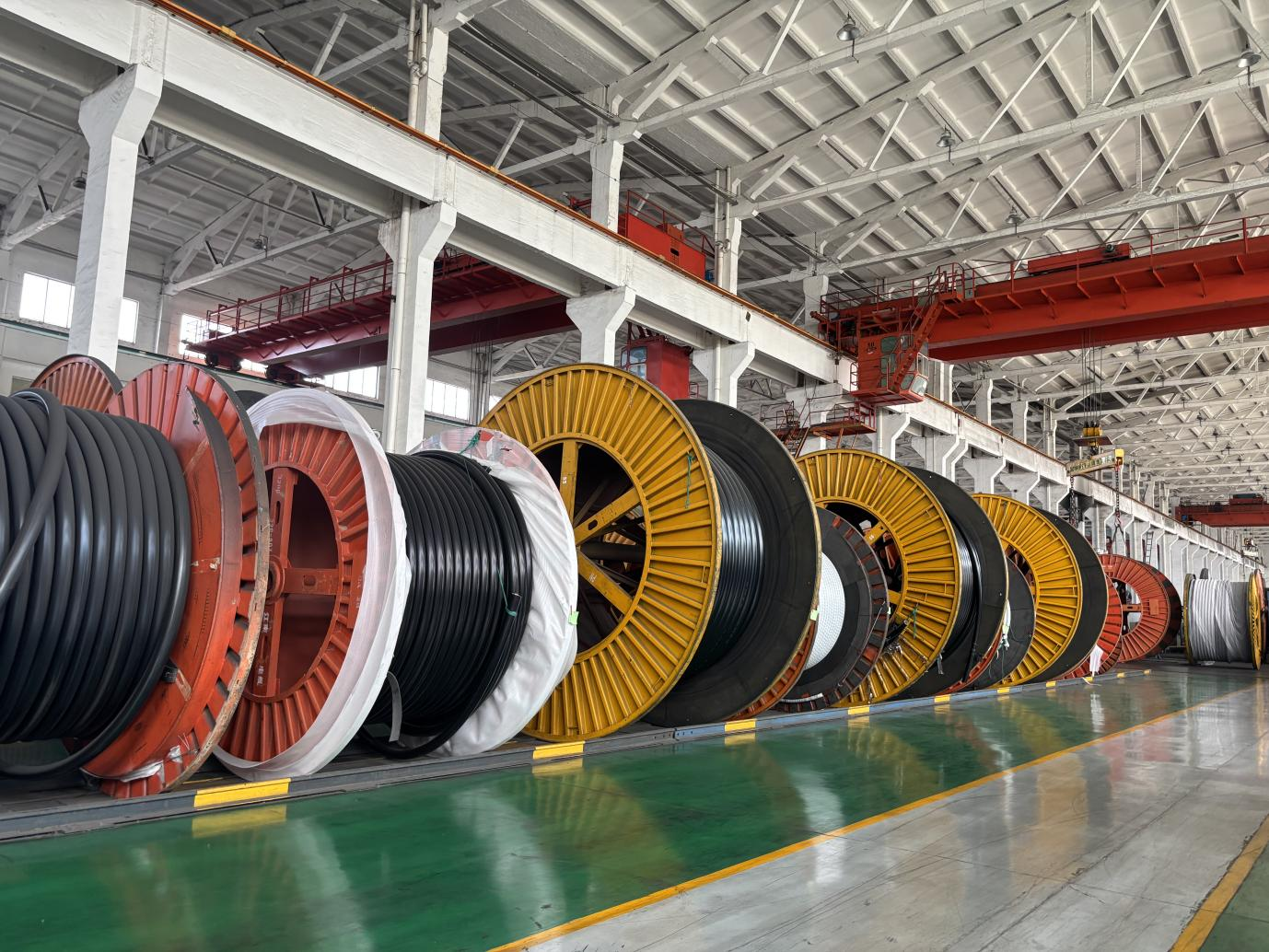Top Power Cable Maintenance Tips to Extend Cable Lifespan
Power cables are one of the most important parts of any electrical system. They carry electricity from one point to another and help keep machines, lights, and devices running smoothly. Because cables are often hidden behind walls or buried underground, many people forget that they also need regular care and inspection.
Regular maintenance prevents cables from many issues, such as sudden breakdowns and short circuits, and also improves their lifespan. Here are some simple and effective tips to help you extend the lifespan of your power cables.
![Top Power Cable Maintenance Tips to Extend Cable Lifespan 1]()
1. Keep Cables Clean and Dry
Moisture and dirt are the biggest threats to power cables. When cables are exposed to water, they can lead to big problems like a short-circuit. Dust and debris can also create small abrasions on the cable's surface over time.
Always make sure the area around cables stays clean and dry. If you notice any moisture with cables, then immediately fix the leakage. For outdoor cables, use protective covers or waterproof insulation to protect them from rain or humidity.
2. Check for signs of damage regularly
You should check your power cables at least once every few months. The insulation might split or become fragile when it becomes hot, bends, or vibrates. You should check your cables often for cuts, color changes, bulges, or ends that are frayed.
Fix or replace the cable soon, otherwise it could create worse problems like losing electricity or getting shocked. A simple inspection routine every few months can increase their lifespans and keep them working smoothly.
3. Avoid Overloading Your Cables
Every cable can carry a specific amount of current. The cable can overheat if you plug in too many devices and resulting in fire, insulation melting, or reduced performance, etc. It may seem handy to use power strips or extension cords, but it's important to be smart about it and never go over their limits.
4. Protect Cables from Physical Stress
Avoid your cables from being pulled, twisted, or bent sharply. Because this physical stress can weaken the inner conductors and cause the cable to break from the inside. When you are installing cables, maintain smooth curves instead of tight bends.
To reduce the tension and keep them in place, make sure the use proper clips. If the cables are placed outdoors or in industrial settings, protect them from vehicles, heavy machinery, etc, because they can crush or cut them.
5. Maintain Proper Ventilation
Heat is one of the main causes of cable aging. When power cables are placed in closed or poorly ventilated spaces, the temperature can rise quickly. Overheating makes the insulation brittle and shortens the overall life of the cable. Leave the small gaps between the cables for air circulation when they are placed together. Installing ventilation fans or air ducts can also help in larger electrical rooms.
6. Label and Organize Cables Properly
When cables are unorganized or mixed together then it is difficult to find which cable needs to be repaired or replaced. For this, always clearly mark each cable with its purpose and connection point.
You can use color-coded tags or numbered labels to make your setup more manageable. Organized cables not only look better, but they also lessen the chances of damage when moving or adjusting equipment.
7. Use Quality Connectors and Accessories
When you use the low-quality connectors, they can even break the best and high-quality cables. Bad connections can cause too many problems, like voltage dropping, heating, and short circuits. It is always recommended to use high-quality and accurate size connectors and sockets for your cables.
8. Schedule Professional Maintenance
Professional inspection is always a good idea because basic cleaning and checking can be done by anyone. Detailed tests such as insulation resistance, continuity, and load capacity checks, can only be performed by electricians or maintenance experts.
There may be problems that aren't obvious, but these tests can help find them. So it's a good idea to have the repair done by a pro once or twice a year.
9. Store Spare Cables Correctly
Put any extra cables you have in a cold and dry place. Store them in a way that protects them from breaking or twisting. Don't bundle them up too tightly or put heavy stuff on top of them. If you store extra cables properly, they will stay in good form and you can use them when you need them.
Conclusion
Power cables may look simple, but they play an important role in every electrical system. You can extend the lifespan of cables with little effort and care. You can perform the following steps, such as regular checking, cleaning, and avoiding overloading. These steps not only save you money but also keep your house or business safe. If you take care of something consistently now, it will work well for many years to come.










